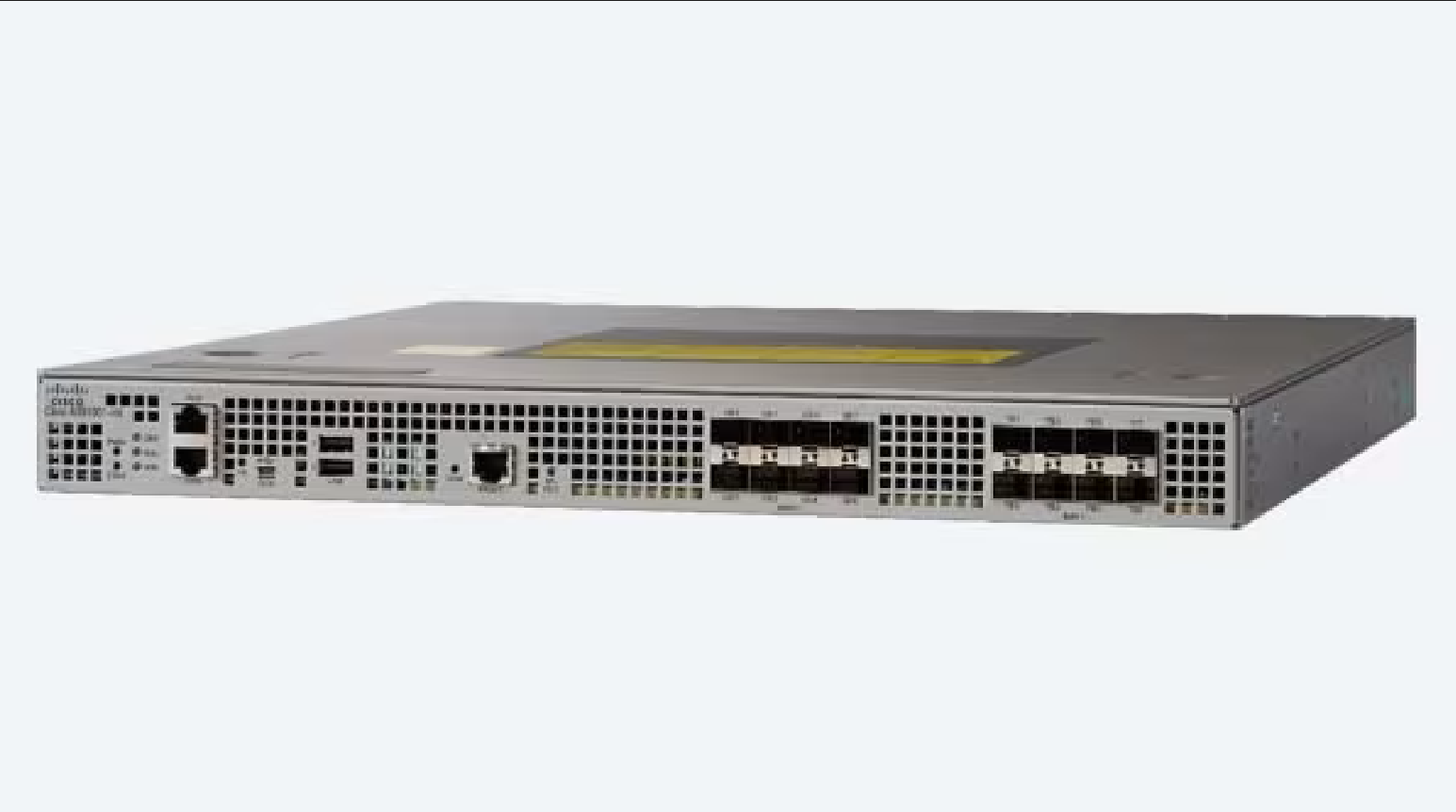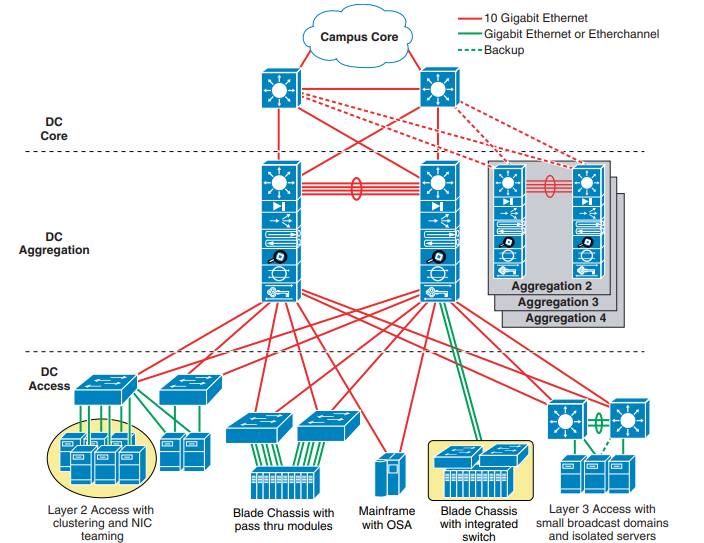ASR Meaning: What does Cisco ASR mean? Understanding Cisco's Aggregation Services Router Series

TLDR: ASR = Aggregation Services Router An Aggregation Services Router (ASR) is a type of computer that helps people and businesses connect to the internet. It's like a traffic director that directs the flow of information between different devices and websites.
One of the key features of ASR routers is their reliability and uptime. These routers are designed to operate in mission-critical environments, where even a brief network interruption can cause significant problems. To ensure high availability, ASR routers incorporate features such as redundant power supplies, hot-swappable components, and automatic failover capabilities.
ASR routers offer high performance and scalability. They are capable of processing large amounts of data and can support multiple types of network connections, including Ethernet, T1/E1, and fiber. This allows them to be used in a wide range of applications, from small branch offices to large-scale carrier networks.
These routers incorporate advanced security technologies such as firewalls, VPNs, and intrusion prevention systems to protect against unauthorized access and attacks.

Cisco's ASR (Aggregation Services Router)
Cisco's ASR (Aggregation Services Router) series is a family of routers designed for a wide range of networking applications, from small branch-office routers to large-scale carrier-class systems. Built on the IOS XR operating system, ASR routers can handle complex routing topologies and high traffic loads with ease.
Since the first ASR router was released in 2008, the platform has evolved through various generations and product lines, offering advanced features and scalability. With a modular architecture, ASR routers can be easily expanded and customized to meet changing business needs.
ASR 9000 Series: The first-generation ASR series launched in 2008, is a carrier-class edge router for service provider networks that provides high scalability, modularity, and service intelligence.
ASR 1000 Series: A mid-range router series launched in 2008, designed for enterprises and service providers that require advanced security and service integration capabilities.
ASR 920 Series: A compact router series launched in 2013, designed for service providers that need a low-cost, high-performance platform for Ethernet access and aggregation.
ASR 1000-HX Series: A mid-range router series launched in 2015, designed for enterprises and service providers that require high-performance routing and service integration capabilities.
ASR 1000-X Series: An entry-level router series launched in 2016, designed for small to medium-sized enterprises that require high-performance routing and service integration capabilities.
ASR 5500 Series: A carrier-class router series launched in 2017, designed for mobile operators that require a high-capacity router with deep packet inspection and service intelligence capabilities.
In addition to its core routing capabilities, the ASR series also includes features such as deep packet inspection, virtualization, and cloud integration. These features allow network operators to manage their networks more efficiently and to provide a wider range of services to their customers.
The ASR series has been a major success for Cisco, helping the company maintain its position as a leading provider of networking solutions for enterprise and service provider customers.
If you're looking for a powerful and flexible router that can handle even the most demanding networking environments, the ASR series is an excellent choice. Explore the different models and features available, and find the right router for your business today.
shop@eolsystem.com
